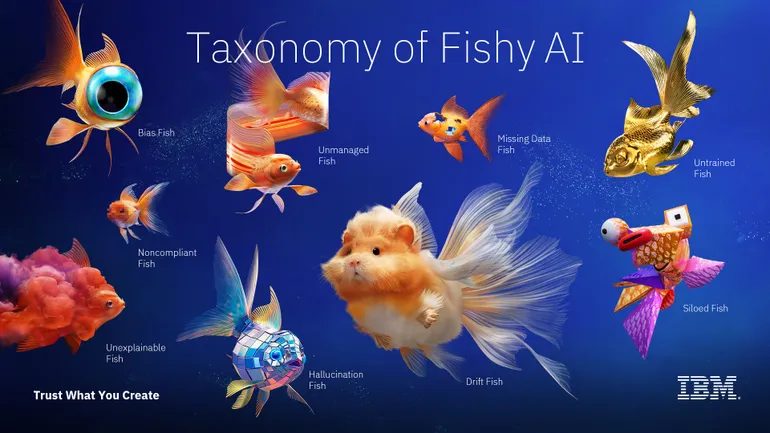 Image: eWeek
Image: eWeek
Cradle Bio, a biotech startup leveraging artificial intelligence (AI) for protein engineering, recently raised $73 million to further its mission of transforming the biotech industry. This investment comes at a time when the role of AI in biology is becoming increasingly pivotal, particularly in accelerating the design of proteins used in medicine and industry.
The Rise of AI in Biotechnology
Founded in 2022, Cradle Bio entered the field at a time when AI software was starting to make waves in biotech. Company founder Stef van Grieken described proteins and their amino acid sequences as “an alien programming language,” emphasizing the complexity of understanding how proteins function. However, AI models have proven capable of parsing these sequences, providing powerful tools to help researchers accelerate protein testing.
Cradle’s AI platform is designed to recommend protein sequences that can optimize certain qualities, such as heat resistance, while maintaining the protein’s overall functionality. This capability can save biotech companies considerable time and money by reducing the need for extensive experimental rounds, which are both costly and time-consuming.
AI Software’s Impact on the Biotech Industry
With the $73 million funding round led by IVP, alongside Index Ventures and Kindred Capital, Cradle plans to expand its labs and hire additional talent. The company has already established a laboratory in Amsterdam, where it conducts A/B testing on various proteins and develops foundational datasets that train AI models to learn the properties of proteins. This dual approach—combining software and hands-on lab research—positions Cradle as a unique player in the growing field of AI in biology.
Van Grieken notes that the primary value proposition for clients is the significant cost savings and acceleration of protein development. Biotech companies, particularly those in pharmaceuticals, often go through numerous rounds of testing to refine protein products like antibody therapeutics. Cradle’s AI software reduces the need for these costly and unpredictable experimental trials, offering a more efficient alternative.
Cradle’s Vision for the Future
The company’s simple software-as-a-service (SaaS) model has also garnered interest, as it removes the complexities of royalties, revenue sharing, or intellectual property issues that often accompany biotech partnerships. Cradle’s vision is clear: to democratize access to AI tools for drug discovery and protein engineering.
“We believe that AI in drug discovery and development will ultimately be a commodity,” says van Grieken, positioning Cradle as a provider of essential software for the biotech community. With the new funding, Cradle is aiming to expand its reach and eventually make its software accessible to a million scientists worldwide, continuing to push the boundaries of AI’s role in protein engineering and life sciences.
Learn more about the top companies redefining AI and pioneering new applications across a range of industries.



